Key Takeaways
- Wonder Man on Disney+ offers Marvel chance to satirize itself.
- Show to be released in 2025 centers around satirical themes.
- Marvel should avoid tired superhero tropes to stand out.
Marvel’s upcoming Wonder Man series on Disney+ presents the studio with a unique opportunity to have a little fun at its own expense. The multimedia juggernaut has amassed billions of dollars in box office revenue and essentially defined the modern superhero film, or even the modern blockbuster, as we know it today. Their projects have always put an emphasis on humor, but never before in a way that pokes fun at themselves or the modern Hollywood landscape they’ve helped to define.
Developed by veteran TV writer Andrew Guest and Shang Chi director Destin Daniel Cretton, Wonder Man was first announced back in 2022 as part of phase six of the MCU. The character originally made his MCU debut in James Gunn’s Guardians of the Galaxy Vol. 2, played by Gunn’s regular collaborator Nathan Fillion and appearing on some fake in-universe movie posters, but his scenes were cut from the final film. Despite this, Gunn still considered his appearance canonical, and expressed hopes that Fillion might return as the character down the road. However, Marvel went in a different direction for the series, casting Yahya Abdul-Mateen II instead.
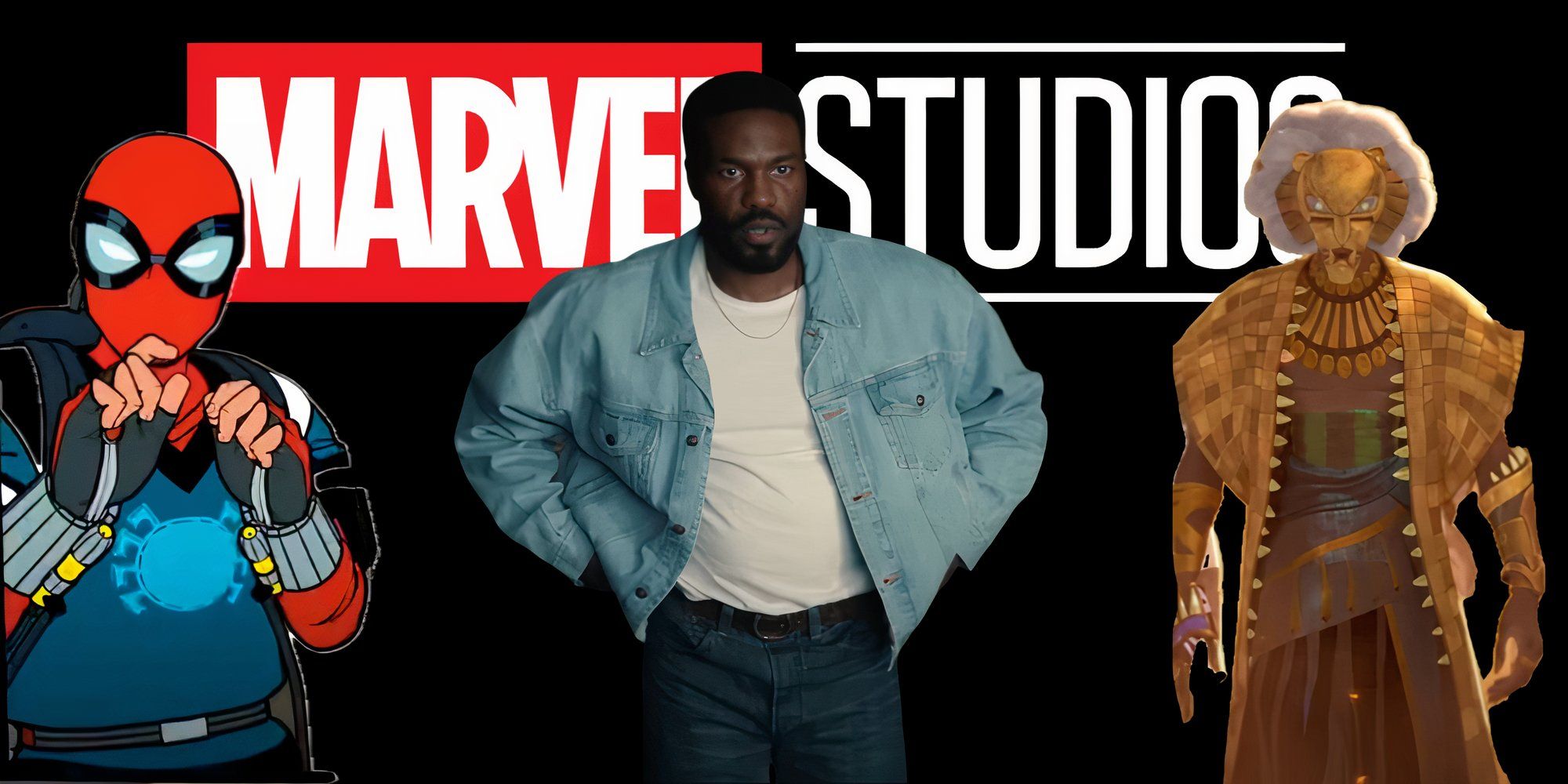
Related
Marvel Reveals First Wonder Man Footage & Confirms Six Shows For 2025
Six new shows in the MCU will be released in 2025, including Yahya Abdul-Mateen II’s Wonder Man.
Slated for release in December 2025, Wonder Man will center around Simon Williams, the son of an industrialist and rival of Stark Industries who starts out in the comics as a villain before eventually joining the side of the heroes. Little concrete information is known about the show so far, but some with inside knowledge like Variety’s Joe Otterson have said that it may go in a more satirical direction than previous series, owing in part to Wonder Man’s side gig as an actor and stuntman. If this does indeed turn out to be the case, it could give Marvel a much-needed opportunity to poke some fun at themselves and their well-oiled movie-and-TV-making machine, at a time when some self-awareness could benefit their public image. In fact, if the show hopes to break Marvel’s recent creative slump, it needs to accomplish two things: effectively satirize the Hollywood landscape it helped to define, and avoid falling into the same tropes it’s satirizing.
While Marvel is still one of Hollywood’s major players, it’s no secret that their creative and cultural dominance has slipped somewhat in recent years. Many of their post-Endgame releases have been met with indifference from the critics and less robust box office sales, as the creative risk-taking that once defined the studio has given way to a well-established formula. Releases like Ant-Man and the Wasp: Quantumania and The Marvels were largely viewed as failures for a studio that once dominated the movie calendar year-round, earning middling reviews and box office returns that either barely recouped their budgets or failed to do so.
If Wonder Man truly does take a satirical approach, it could offer Marvel the chance to refresh its image by positioning itself as in on the joke, taking a more self-aware position where it can acknowledge and deflect some of the criticisms surrounding it. Many celebrities and businesses have taken this approach over the years, diffusing hits to their public image with a some well-placed jokes at their own expense. If Marvel is willing to take this track, it could go a long way to assure viewers that it’s aware of the frustrations that its fans might have with the current state of its projects and express a willingness to correct them.
Beyond just satirizing itself, Wonder Man could function as a satire of the current state of the Hollywood studio system in general, one that Marvel itself helped to create. The current landscape of Hollywood is far different than when Iron Man was released sixteen years ago, one roiled by a pandemic and multiple strikes (Wonder Man itself was delayed by the WGA and SAG/AFTRA strikes last year) that’s become far more risk-averse and dependent on pre-established IP than in decades past.
Marvel in particular has developed a reputation as a creator-unfriendly studio, choosing to let studio executives run its TV series rather than showrunners, leading to some creative chaos. This is shifting somewhat as they’ve come to recognize the wisdom of conventional TV production, after some high-profile misses like She-Hulk and Secret Invasion, and are in the process of revamping their approach to follow a more typical TV model. If Marvel is willing to confront these criticisms with humor, it could restore some of fans’ faith that the people in charge have the vision to carry the studio into the future.
While it’s all well and good to poke fun at the kind of movies they’ve largely singlehandedly defined, Wonder Man also needs to avoid indulging in the same tropes it satirizes. Superhero movies have become increasingly formulaic over the past couple decades, and that sense of fatigue has been reflected in Marvel’s slightly diminshed prospects. For Wonder Man to truly succeed, it needs to set itself apart from the near-constant stream of superhero stories with a unique approach that isn’t as dependent on the kinds of well-established tropes that audiences have grown weary of. If Wonder Man’s creatives aren’t able to pull this off, it runs the risk of disappearing into the glut of superhero stories that have made up most of Hollywood’s output for the past decade and a half.
There are certainly a lot of reasons to be hopeful. Guest, who will be serving as showrunner, has a background writing for self-aware comedy series like 30 Rock and Community, the latter of which parodied numerous cinematic genres in some of its most memorable episodes. Cretton shepherded Marvel’s first Asian hero to strong effect in 2021’s Shang-Chi and the Legend of the Ten Rings, one of the most acclaimed post-Endgame films. The people put in charge of Wonder Man certainly have the potential to deliver on both these fronts. The only question is will Marvel let them.
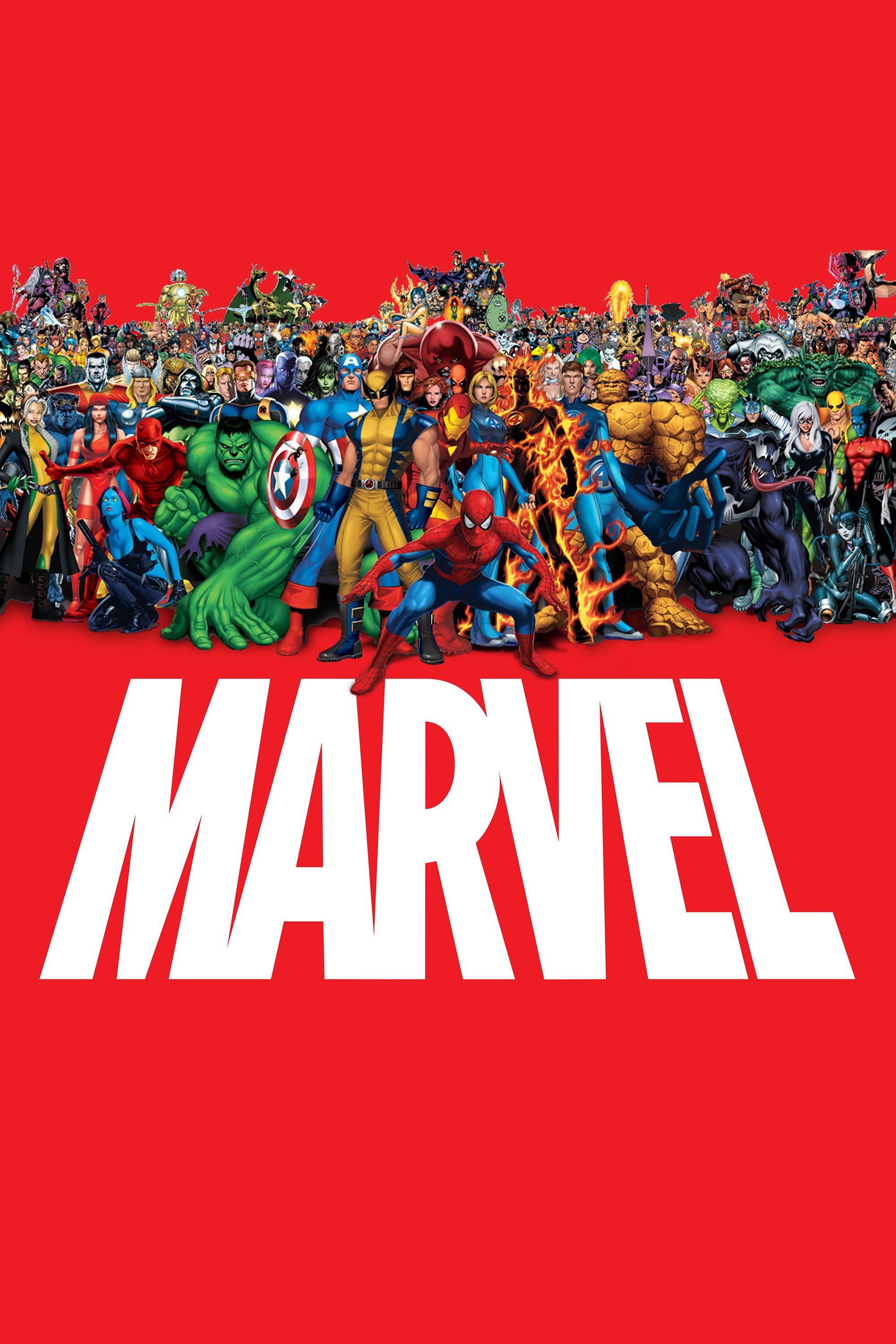
Marvel
Marvel is a brand associated with a wide array of popular superhero comics, movies, television shows, and merchandise. The company owns the rights to popular characters like The Avengers, Spider-Man, Black Panther, Deadpool, and many more.
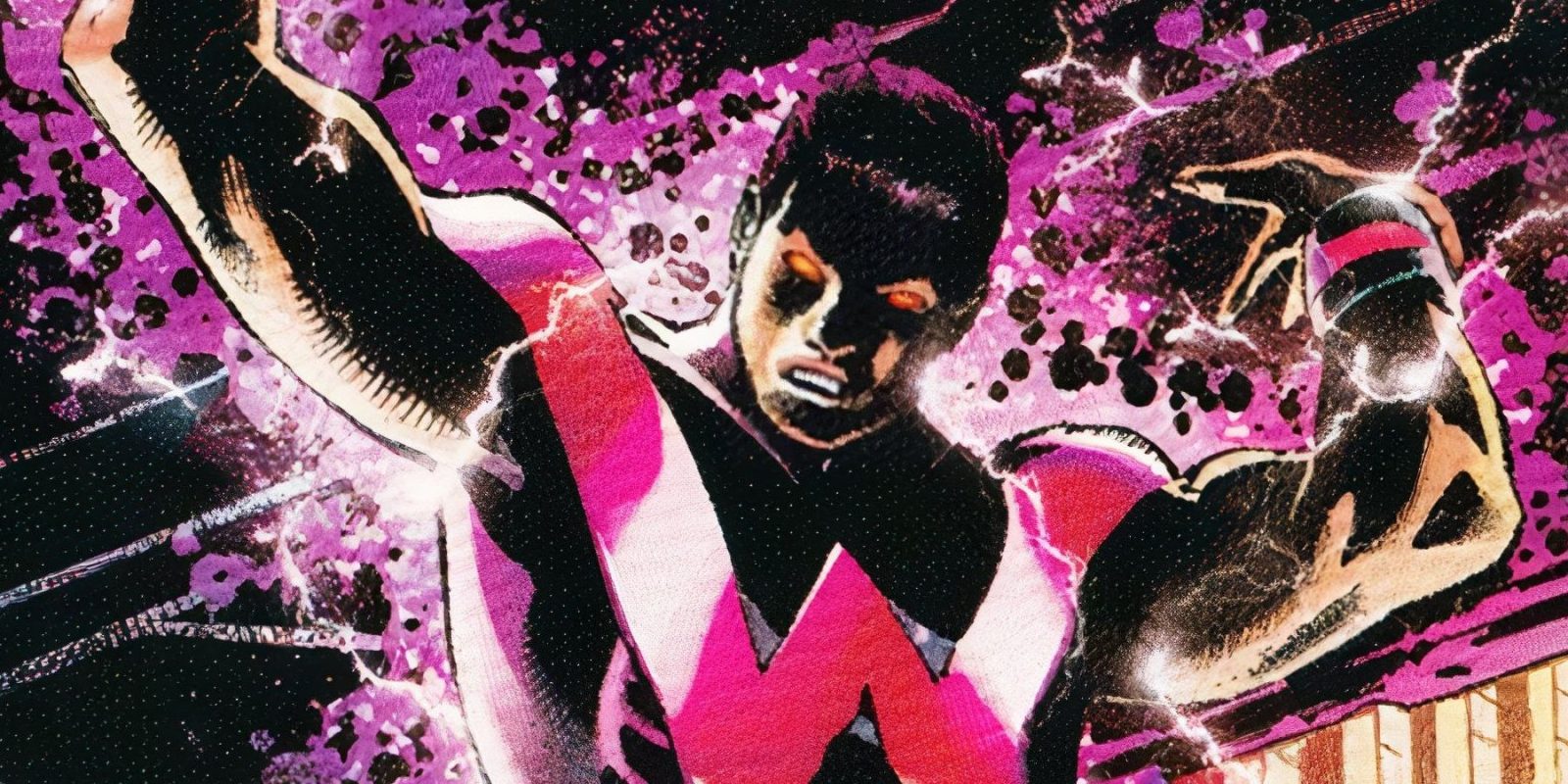
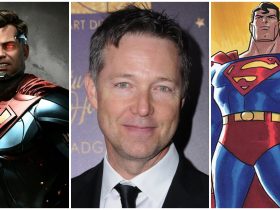



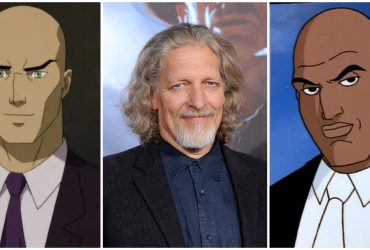


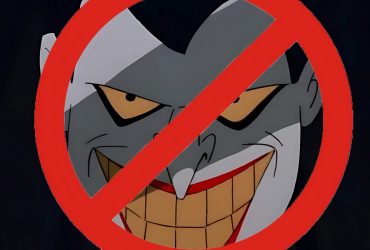


Leave a Reply